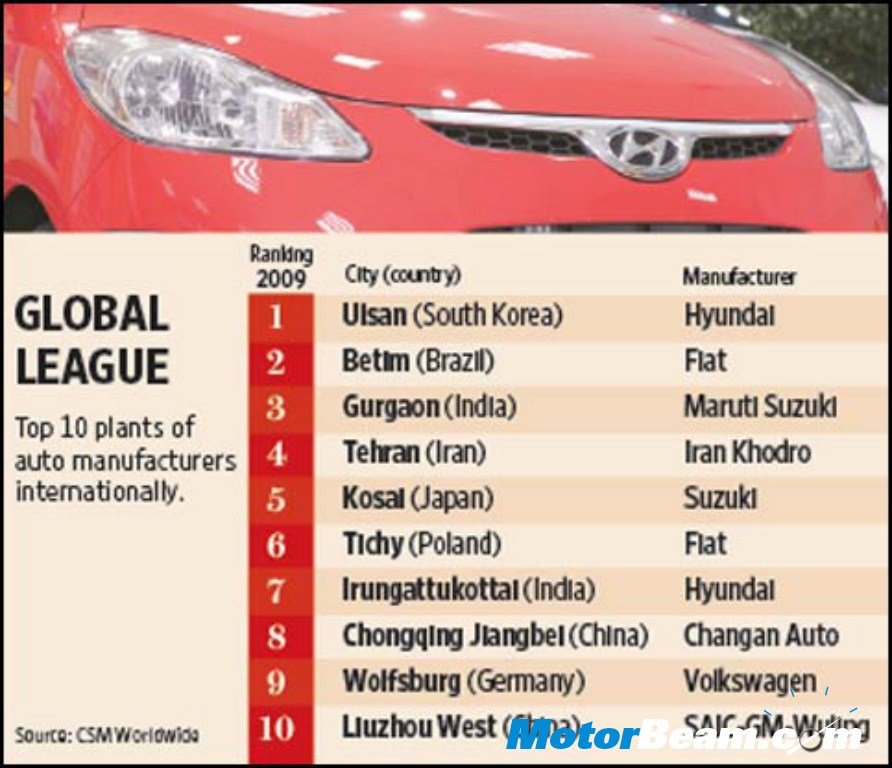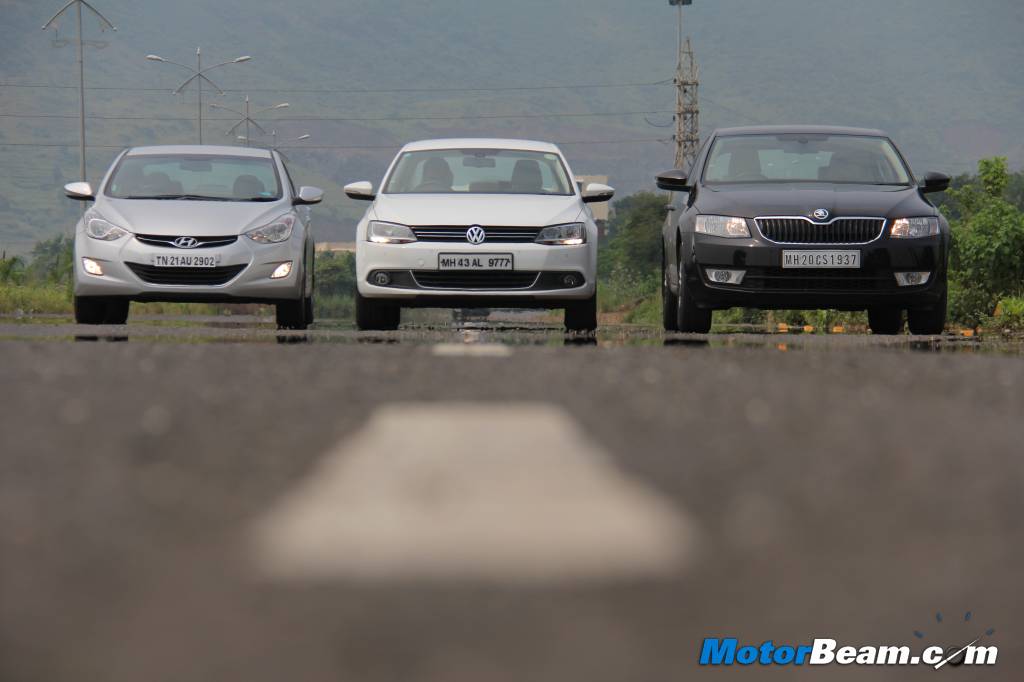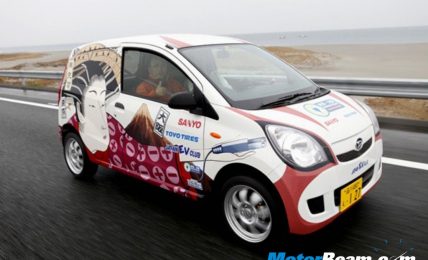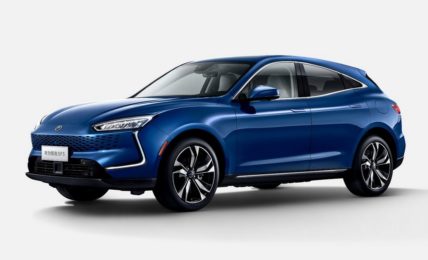Two of the world’s 10 largest car factories are from India. Maruti Suzuki’s factory in Gurgaon at No. 3 and Hyundai’s Chennai factory at No. 7 are an indication of the growing market for cars as an export hub in the country. Hyundai’s factory at Ulsan, South Korea tops the list with 1.2 million cars manufactured in a year. In 2009, Maruti’s Gurgaon plant produced 6,20,000 cars and Hyundai’s factory at Irungattukottai made 5,50,000 cars last year. As the production of cars in India increases in the future, more factories in the country could make it to the top 10 list. Several global auto firms (Nissan-Renault, Toyota, Honda, Ford) have already invested or are investing in building huge factories that will produce cars for both the Indian and export markets.
In March, the Renault-Nissan alliance inaugurated its facility at Oragadam, near Chennai. It plans to scale up capacity at this factory to 4,00,000 cars a year in the near future. Ford has also established India as a hub for small cars. It recently expanded capacity at its Maraimalai Nagar plant (the Figo rolls out from here) near Chennai to 2,00,000 cars a year. Managing supply chain operations in a developing country such as India is often a challenge and companies prefer to be near a supplier, explaining why they choose to increase capacity at existing factories. When Maruti Suzuki decided to increase its capacity by 2,50,000 cars a year, it decided to stick to its Manesar facility due to the fact that most of its component suppliers are located in the Gurgaon-Manesar belt.





